Critical evaluation of the education system in Sudan from independence to date, Dr. Adil Dafa’Alla, Elmouiz Hussein and Marwan Adam
Dr. Adil Dafa’Alla
Airbus Operations Ltd, UK
Elmouiz S. Hussein
Airbus UK
Marwan Adam
Sudanese Knowledge Society
Purpose: The paper aims at provoking national debate in light of its findings for all concerned to participate in outlining an ‘Action Plan’ to get the education system, and hence, the country, back on track.
Design/Methods/Approach: This paper focuses on the narrower meaning of education as a process for certain periods from schooling to colleges through fixed time, fixed curriculum, fixed classes, fixed subjects for degree or certification and hence will consider only a subset of these aims. It models the education system as an engineering system of processes that identify the individual as an input and the qualified, trained graduate as a product of this system that is supposed to satisfy certain measurable Key Performance Indicators (KPIs). In this sense, the education system is designed to serve the objectives of the national development in a specific state or country. Indeed, the link between the aims of the educational system and the National Development Plan (NDP) is organically established and is essential for any successful and meaningful education system. The paper goes on to review and critically evaluate and assess the Sudanese education system against its objectives and its ability to meet the NDP of the country throughout its post-independence history. For this purpose, post-independence history was divided into three major phases during which the education system has undergone major overhauls, namely of the year 1956–1969, 1969–1989 and 1989–to date. A qualitative research methodology based on analysing the experience of the authors both as customers of and providers to the system throughout the target period was adopted.
Findings: The review of the education system performance in post-independence Sudan has identified three major phases during which it has undergone major overhauls, namely of the year 1956–1969, 1969– 1989 and 1989–to date. The link was clear between the major political changes marking these phases and the impact they had on the structure, architecture and performance of the education system in the Sudan. This has led to a clear de-link between the current system and the NDP. Irrespective of whether this was done by design or was an unintended consequence of the change, the outcome is devastating on the country’s economy and the well-being of its citizens has been affected. Accordingly, the paper is calling upon all concerned parties to engage in national debate in order to outline an Action Plan to remedy the situation and put education back on track.
Originality and Value: The modelling and presentation of the education system as a simple system of engineering processes, where the outcome is a measurable product through identifiable KPIs is novel. The evaluation of the education system against the objectives of the NDP using the prescribed model is also highly useful as it gives the education system clearly identifiable purposes through the ‘customer’ of the system, with a clear link as to how the system serves the country economically and reflects in the standard of living of its citizens. This is a hot topic that affects all Sudanese citizens irrespective of their schools of thought. Hence, provoking them into a national debate with an aim to outline an ‘Action Plan’ is essential.
Keywords: Sudan, Education System, System of Processes, National Development Plan, NDP, Action Plan, Review, Assessment, Model, Engineering Methodology.
